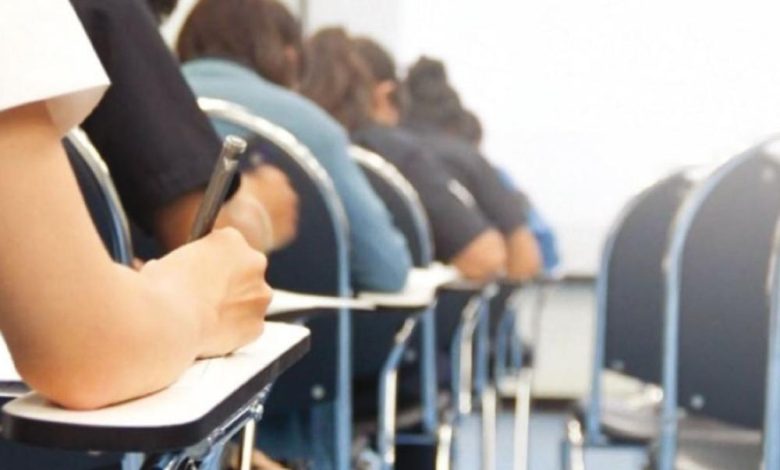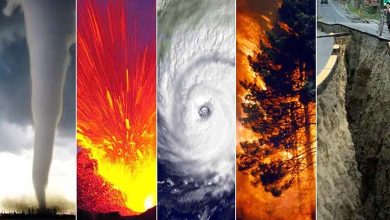Experts: Diversity and Strangeness of Questions Pose a Major Challenge for Students

With the start of high school exams in various Arab countries, parents ask: Are exam questions really a measure of students’ level?
The answer to this question may change depending on the diversity and strangeness of the questions. Students find themselves facing a challenge that can make them experience anxiety and stress or find themselves in a comfortable zone for themselves and their creativity.
Who decides the conditions for setting these questions? And who chooses them?
Exam questions that are perceived as difficult surprise students, such as “What is the plural of the word ‘tea’?” or “What is the plural of the word ‘revelation’?” or “Translate the following scene from a drama into Japanese.”
The latter question included words in colloquial dialect within an exam for the College of Languages at an Egyptian university, which surprised many people.
Every summer, Arab families experience a state of anxiety and stress when the time for high school exams approaches, and the reason is the “perplexing” questions that raise several question marks about those responsible for setting the curriculum exams for different educational stages. Does this type of question really aim to measure students’ academic and cognitive achievements?
Between the annoyance of parents about the level of exam questions and the confirmation of education ministries in most countries on the logic of these questions, the student remains in a whirlpool of tension and nervous pressure until the results are announced.
In this context, educators see the diversity and strangeness of exam questions as a new challenge for students, increasing their opportunities for creativity.
In this regard, the educational and pedagogical expert Dr. Kamal Maghreith said :
The fear of high school exams is natural for students.
The strangeness and surprise of the exam for high school students is a challenge that must be addressed.
The external community, including parents and those around the students, gets to know the nature of high school exam questions based on their facial expressions as they leave the exam, which differ.
High school education in Arab educational systems is more important than education itself.
High school has become an important part that determines the future of humanity starting from the age of eighteen.
The exam setter must know the relative weight of different parts of the curriculum, and based on that, the grades and numbers are distributed.
The educational process has three dimensions: the dimension of values or emotions, then practical skills, and finally the dimension of cognitive and scientific aspects.
Exams are set according to measuring relative weights.
To determine the relative weights and the number of questions, the nature of the subject matter and the set learning objectives must be taken into account.
Not working with relative weights can lead to several problems in the educational environment.
The presence of short-term and long-term solutions.
The suggestion that the high school certificate be a culmination of what the student has achieved throughout his educational journey in terms of grades.
The absence of the illusion of high school in advanced educational systems.
Those responsible for setting the questions should be an integral part of the educational process and should be in line with the educational program throughout the academic year.












